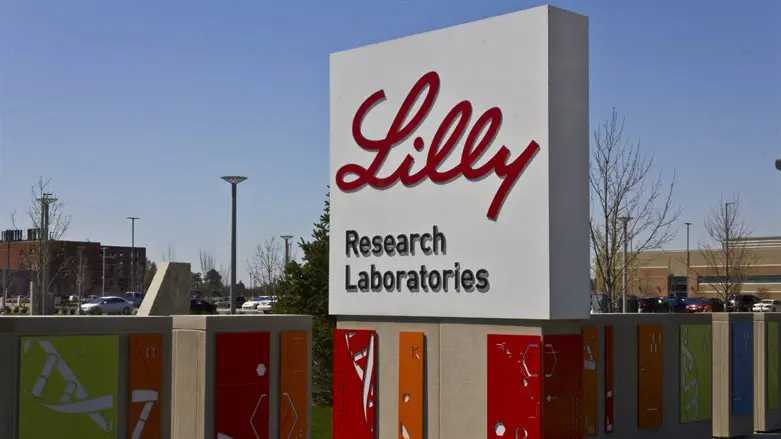
Researchers said on Monday that another experimental Alzheimer’s drug can modestly slow patients’ inevitable worsening by about four to seven months, The Associated Press reported.
The latest drug, donanemab, is made by Eli Lilly and Co., which is seeking Food and Drug Administration approval for the drug. If cleared, it would be the second Alzheimer’s treatment convincingly shown to delay the mind-robbing disease, after the recently approved Leqembi from Japanese drugmaker Eisai.
“Finally there’s some hope, right, that we can talk about,” Lilly’s Dr. John Sims told reporters Monday at the Alzheimer’s Association International Conference in Amsterdam, as quoted by AP.
“We don’t cure the disease,” he said. “Diabetes doesn’t have a cure either — it doesn’t mean you can’t have very meaningful treatments for patients.”
Eli Lilly had announced in May that donanemab appeared to work, but on Monday the full results of a study of 1,700 patients was published by the Journal of the American Medical Association and presented at the Alzheimer’s conference.
Both donanemab and Leqembi are lab-made antibodies, administered by IV, that target one Alzheimer’s culprit, sticky amyloid buildup in the brain. Both drugs also come with a serious safety concern — brain swelling or bleeding that in the Lilly study was linked to three deaths, noted AP.
About a quarter of donanemab recipients showed evidence of that swelling, and about 20% had microbleeds.
Scientists say while these drugs may mark a new era in Alzheimer’s therapy, huge questions remain about which patients should try them and how much benefit they’ll really notice.
